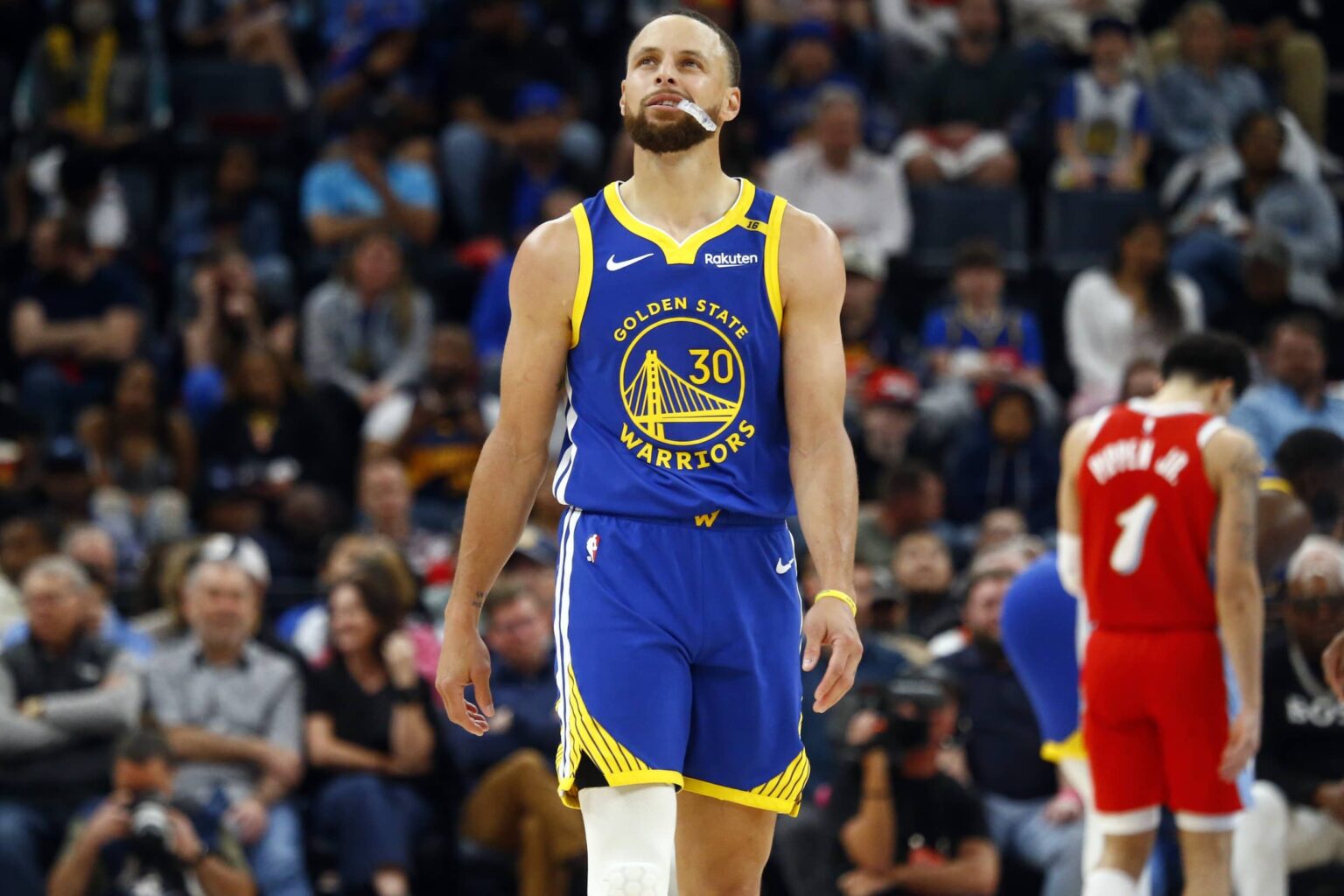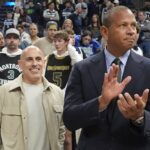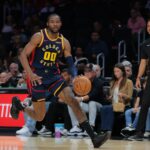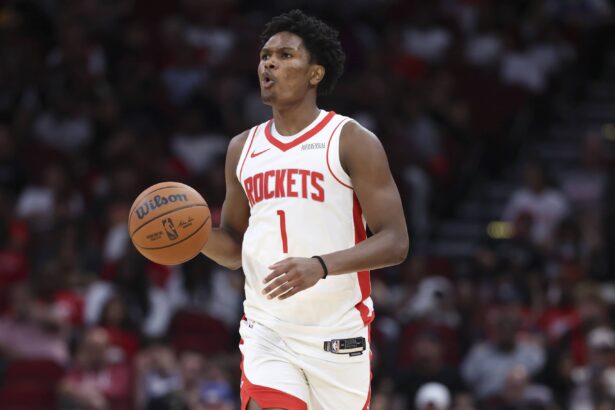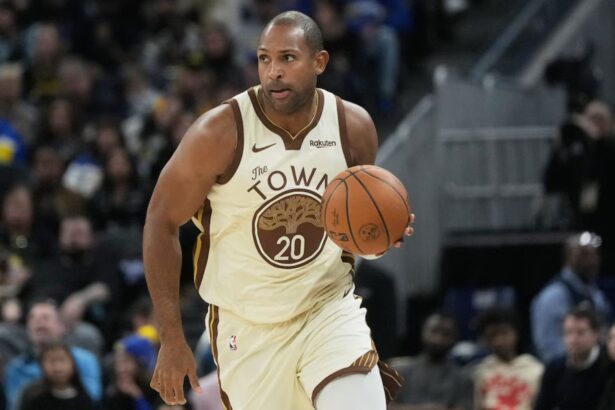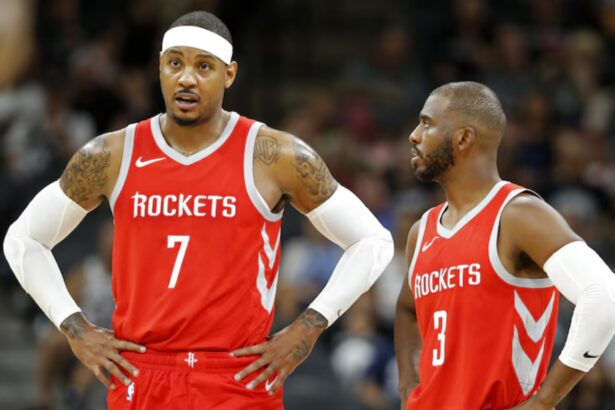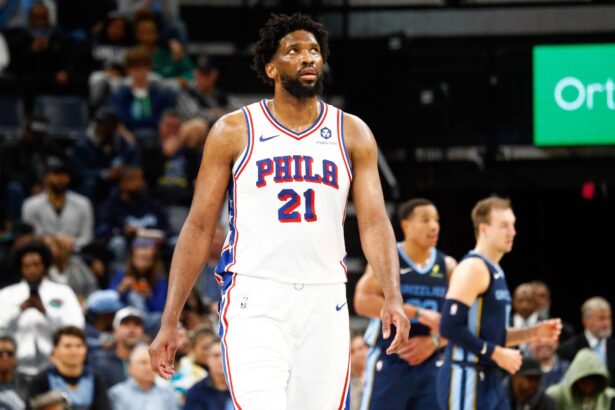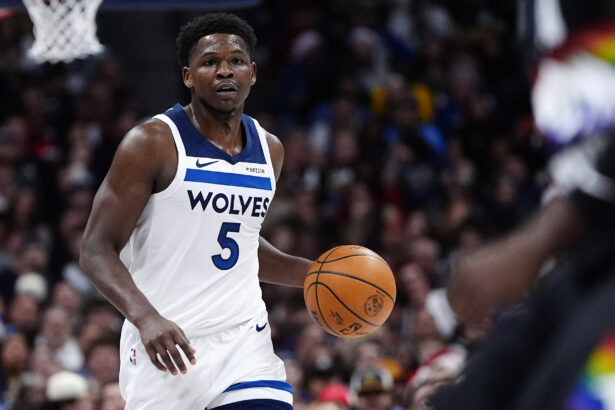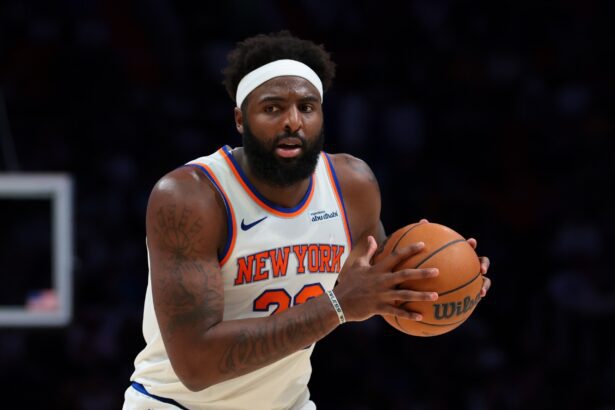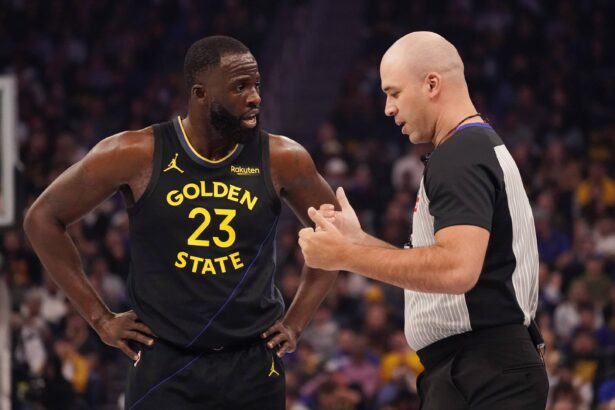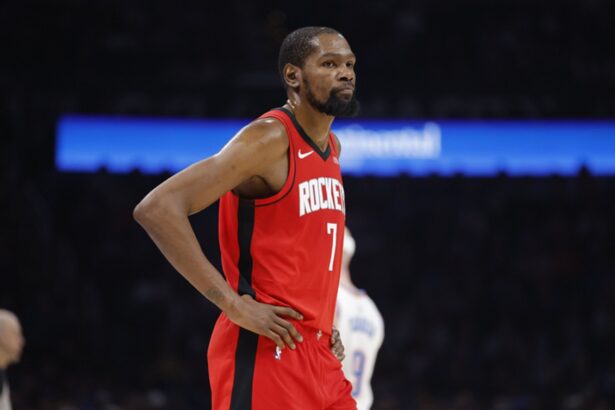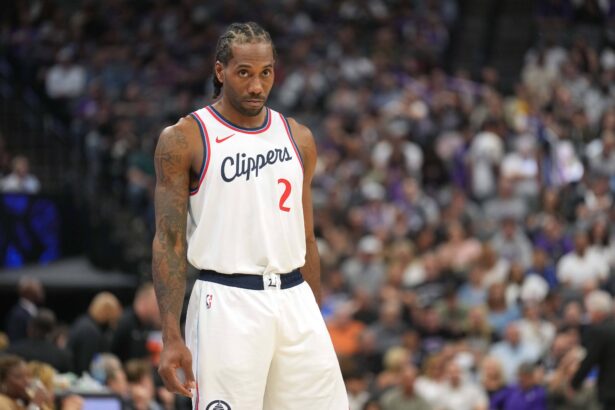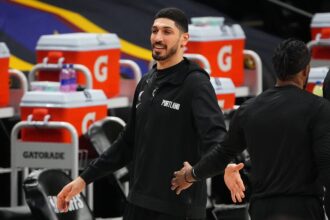In one of the most revealing segments on First Take this season, Stephen A. Smith delivered a fiery monologue on the growing divide between NBA legends and today’s superstars. The spark?
A conversation he had with an unnamed Hall of Famer who claimed Stephen Curry wouldn’t average more than 17 points a game in their era. Yes, you read that right — Stephen Curry, the man who revolutionized the game with range and finesse, being reduced to a bench scorer in an alternate basketball timeline.
“I had a Hall of Famer come up to me and say to me, quote, ‘Steph Curry would not have averaged more than 17 points a game.’ Now, obviously, I think that person should have been drug tested when he said that to me.”
“But then I started—I quieted down—because he wasn’t talking about his skill set. He said, ‘In our era, we would have hurt him.’ He said, ‘We would have hurt him.’ He said, ‘He would have had to run through picks.”
“He wouldn’t have been as protected by the officials.’ The game was exponentially—is exponentially—more physical now than it was then. Remember when he came into the league with the ankle injury? He had never recovered from that with us. We would have made sure that we tripped him every chance we got.”
“He wasn’t talking about basketball. They were talking about—this is the elements that come with the game that we had to endure that these guys don’t have to even think about. Now, of course, from a talent perspective, the talent is clearly superior now to what it once was. Evolution kicks in.”
“But the problem is, when they were playing, they were judged so harshly. And all of those things were taken into consideration. If they look at it now—rule changes, no hand-checking at all, the absence of physicality that exists now compared to what once was—the road traveled was far less arduous than it is now, in their eyes.”
“And they’re saying, if these brothers had to go through what we went through… So when they’re hearing these players talk, they expect to hear that level of appreciation.”
“And when these guys don’t sit up there and say, ‘Damn’—I’ll put it to you this way, close it by saying this: If today’s players came out—and I’m not saying they should… if today’s players came out and said, ‘Man, I’m glad I wasn’t playing during y’all era.”
“Hell, I would’ve gotten mugged. They would’ve beat the hell out of me’—if they said something like that, that ends the whole thing. If today’s players did that, the guys would go like this. All those old school guys would stand down.”
This isn’t a new gripe. Over the years, legends like Charles Barkley, Shaquille O’Neal, and Oscar Robertson have consistently downplayed modern talent. Barkley blamed the LeBron-Curry era for “ruining the All-Star Game.”
Magic Johnson scoffed at Anthony Edwards’ belief that today’s game is more skilled, claiming “he hasn’t done his homework.” The message is clear: many former greats don’t believe today’s stars would survive in their time.
But as Draymond Green brilliantly put it recently on his podcast, The Draymond Green Show, “Respect is earned. Just because you played before me doesn’t mean you deserve it.”
He’s right.
This generation’s players aren’t begging for flowers—they’ve earned them. And they’re done tolerating the one-sided nostalgia war that minimizes their accomplishments.
Let’s be honest: the claim that Stephen Curry, a two-time MVP and all-time leader in three-pointers, couldn’t average 17 points in any era is absurd. Could he be bruised up by old-school defenders? Sure.
But could those same defenders keep up with his off-ball movement, range, and pace in a game that now spaces the floor like never before? That’s a different story.
And while it’s true that the NBA was more physical in the ’80s and ’90s, let’s not act like that automatically makes the players better.
Being tough doesn’t mean being more skilled. Today’s athletes are more versatile, faster, stronger, and fundamentally advanced than ever. They train year-round, fine-tune biomechanics, and break down film with more technology than ever imagined in the past.
The problem is that today’s players still show respect to the legends. They acknowledge them in interviews, wear their numbers, and constantly praise their impact. What they’re asking for now — what Draymond is saying — is that respect should go both ways.
Because if the only argument left is “we would’ve hurt you,” then maybe the old guard isn’t defending basketball — they’re defending a time when intimidation was mistaken for greatness.

